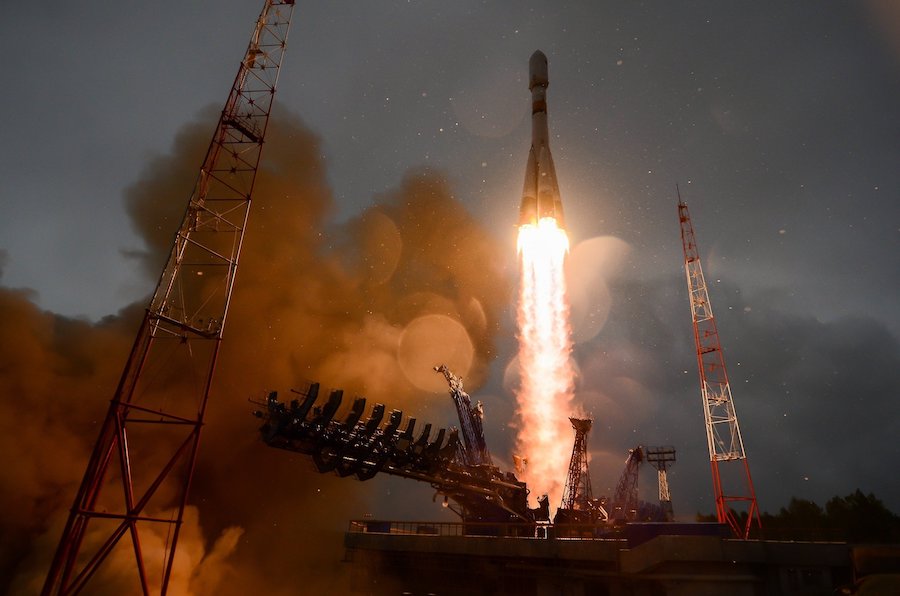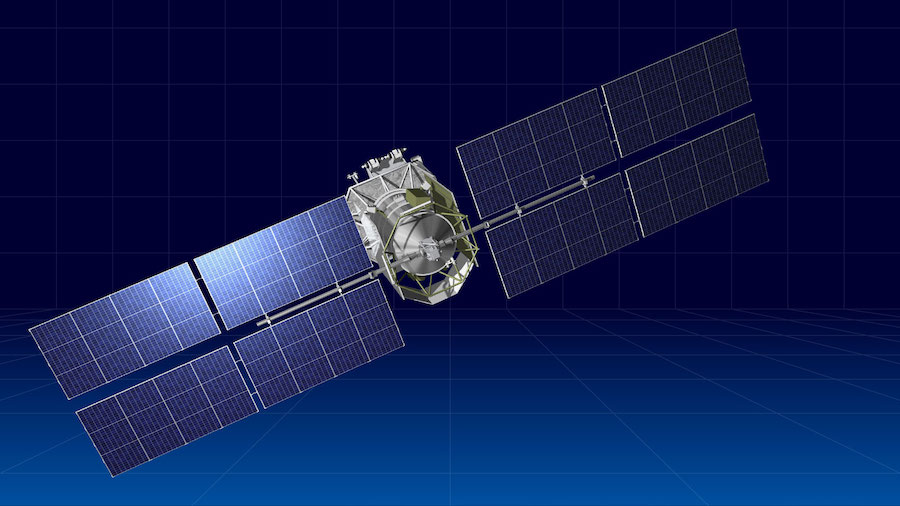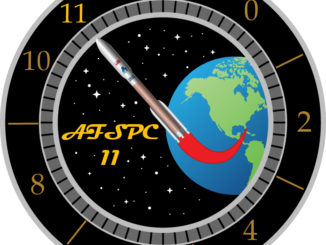
A Russian military satellite rocketed into orbit Tuesday on top of a Soyuz launcher from the Plesetsk Cosmodrome to provide communications coverage over Russia’s polar regions.
The Meridian relay satellite lifted off at 0556 GMT (1:56 a.m. EDT) Tuesday from Plesetsk, a military-run facility around 500 miles (800 kilometers) north of Moscow, according to a statement from the Russian Ministry of Defense.
A Soyuz-2.1a booster, topped with a Fregat upper stage, carried the Meridian spacecraft into orbit. Tuesday’s launch was the 10th flight of a variant of Russian’s workhorse Soyuz rocket family this year.
The launch was conducted under the supervision of the Russian Space Forces, the defense ministry said.
The Russian military said the launch was successful, and ground controllers established a “stable telemetric connection” with the spacecraft in orbit.
Tuesday’s launch carried the eighth Meridian relay satellite into orbit, and it was the first Meridian mission to launch since 2014. One of the eight Meridian satellites launched into an off-target orbit in 2009, and another was lost in a Soyuz launch failure in 2011.
After accelerating on a suborbital trajectory with the three-stage Soyuz booster in the first 10 minutes of the mission, the launcher’s Fregat upper stage was expected to fire three times to propel the Meridian satellite into a highly elliptical orbit stretching between roughly 600 and 25,000 miles (about 1,000 kilometers by 39,700 kilometers) above Earth.
Russian officials said the rocket achieved the correct orbit.

The Meridian spacecraft are manufactured by ISS Reshetnev, a Russian space contractor, as replacements for a previous generation of Molniya communications satellites. The Russian contractor says the Meridian satellites weigh around 2.1 metric tons, or 4,630 pounds, and can operate for at least seven years in space.
Thanks to their elliptical orbits, Meridian satellites can link Russian ground forces, aircraft, ships and command centers in the Arctic, Siberia and the North Sea, outside the reach of stable communications coverage through geostationary satellites over the equator.
In one example of the Meridian fleet’s communications mission, the Russian Defense Ministry said the satellites relay signals between coastal stations and vessels and ice reconnaissance airplanes traveling along the Northern Sea Route in the Arctic.
Email the author.
Follow Stephen Clark on Twitter: @StephenClark1.



